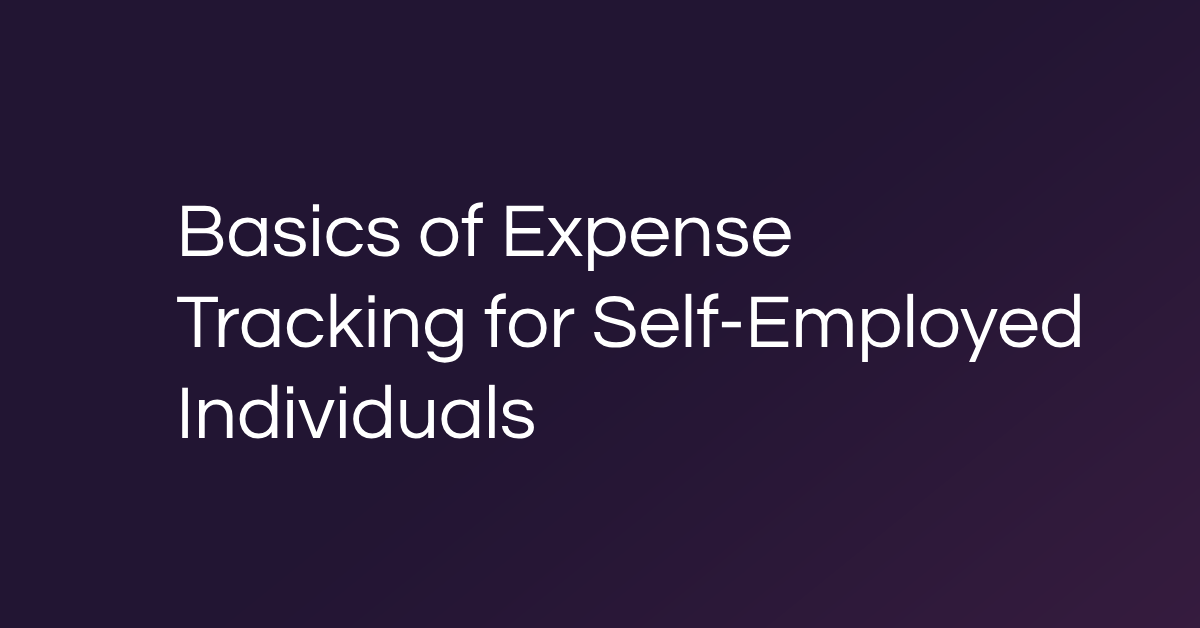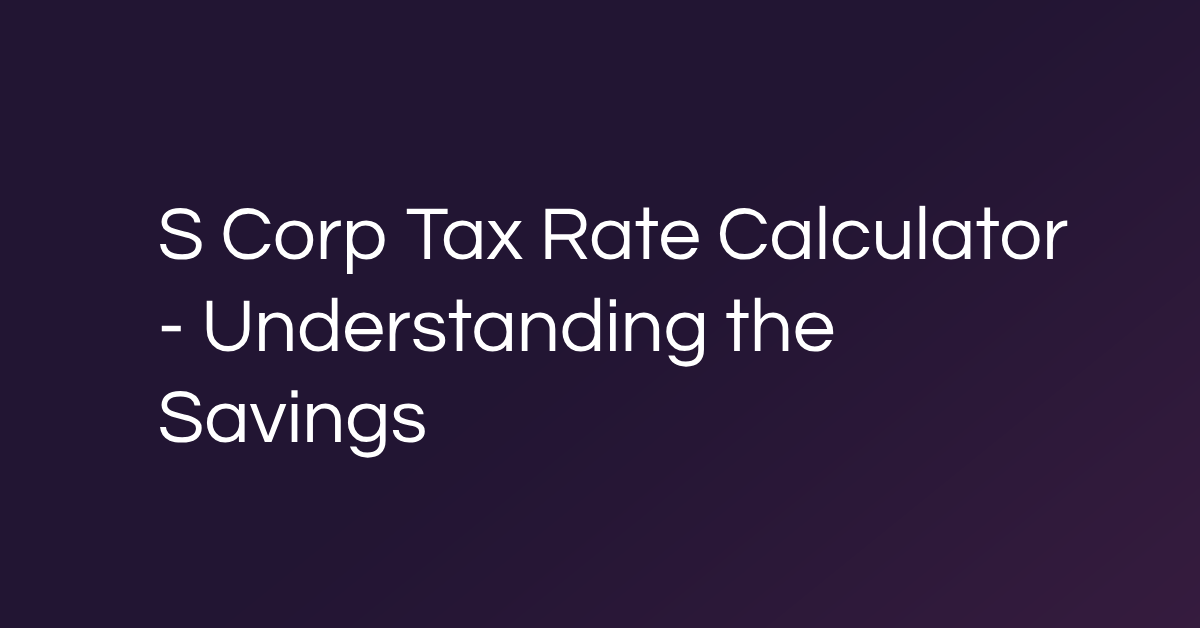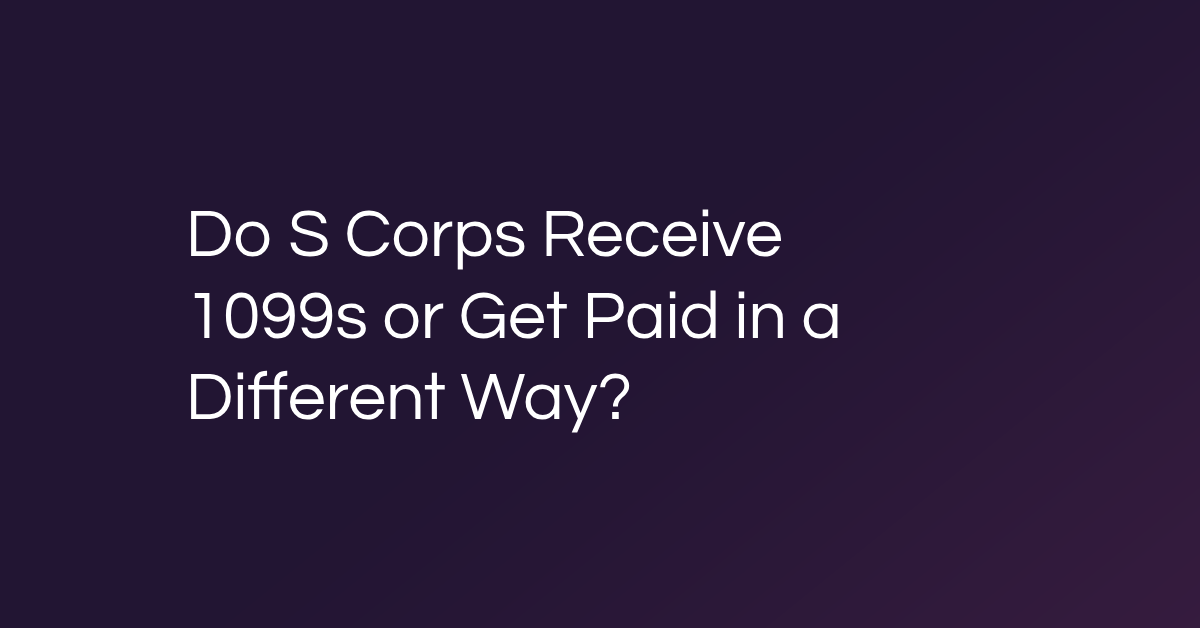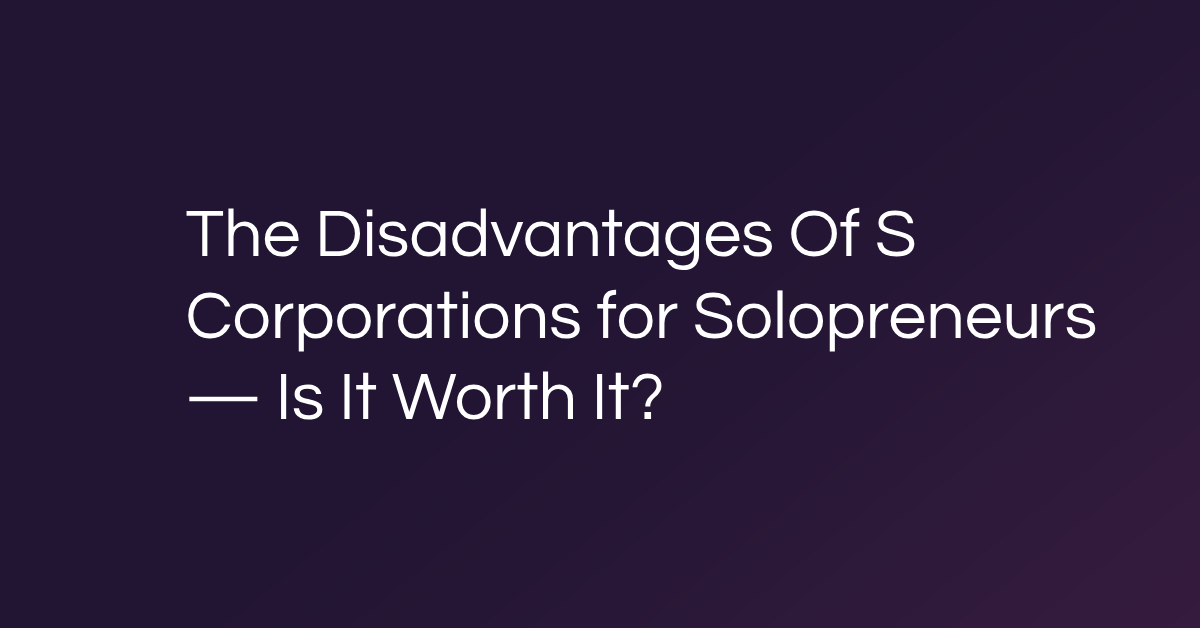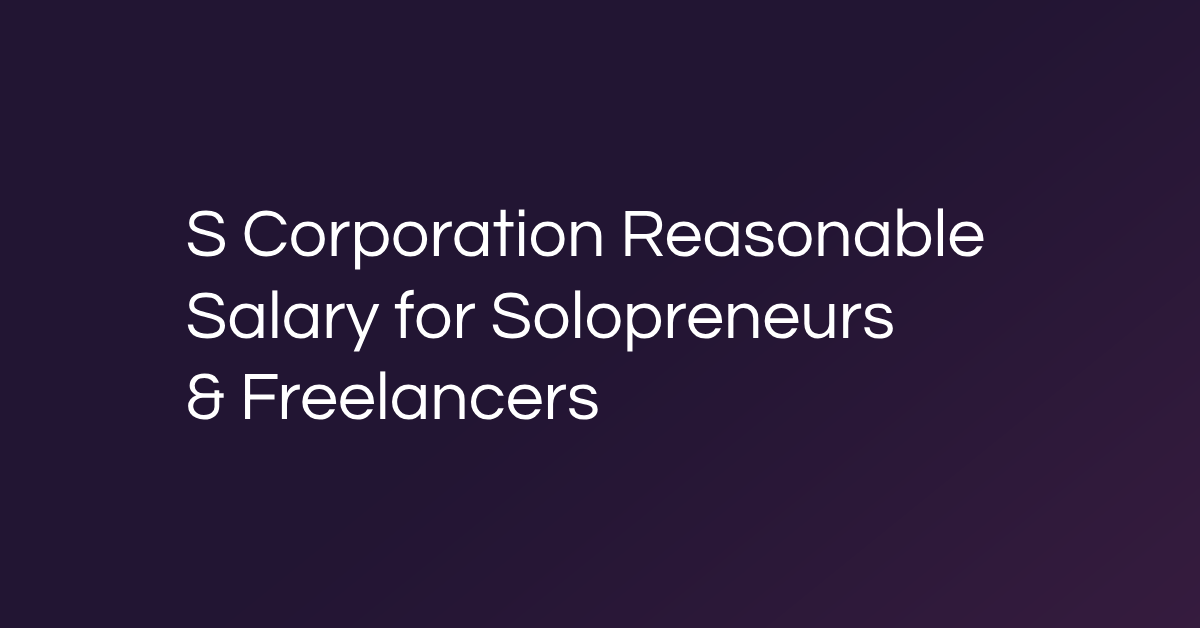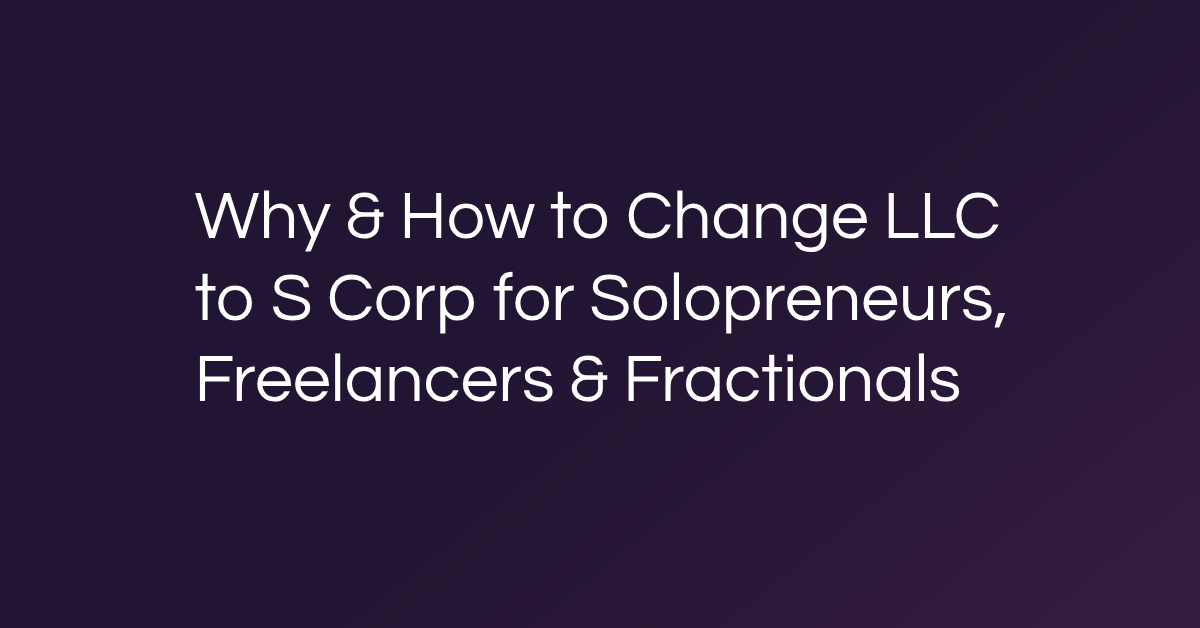Efficient expense tracking is a game-changer for self-employed professionals and fractional workers. Whether you’re freelancing, consulting, or running a small business, accurately managing your expenses streamlines your finances, simplifies tax preparation, and supports business growth.
However, many solo entrepreneurs struggle to find the tools and strategies to make this process easy and effective. And while expense tracking can feel overwhelming for individuals exploring self-employment, especially when transitioning from a traditional job to managing their own business, it doesn’t have to be! With the right self-employment expense-tracking approach, and integrated tools to help you stay on top of invoicing and receipts, you’ll save yourself time, reduce stress, and maintain a clear view of your business’s financial health.
Why expense tracking is essential for solo entrepreneurs
Effective expense tracking is the backbone of financial stability for self-employed professionals. When managed correctly, it provides a clear view of your business’s financial health, helps you make informed decisions, and ensures you’re prepared when tax season arrives. For solo entrepreneurs, maintaining accurate records is not just a best practice — it’s a critical step toward long-term success.
Common expenses where entrepreneurs and fractional workers waste money
When you first start out, you’re “usually focused on just keeping up with the work, and systems can be set up on the fly with little thought of the future,” warns the Forbes Finance Council. “As the business continues to grow and evolve, it can be all too easy to build on existing inefficiencies..resulting in wasted budget dollars going to everything from overlapping software services to unused office space.”
According to the council, some of the most common areas where entrepreneurs and fractional workers waste money — and therefore need better expense tracking — include:
- Underutilizing paid software
- Not automating administrative tasks
- Focusing on vanity marketing metrics
- Paying too much for too many subscription services
Business and legal considerations for better expense tracking
It’s not just about cutting waste and saving money. Failing to track expenses properly can also lead to significant challenges. Disorganized financial records can result in:
- Missed tax deductions
- Difficulty managing cash flow and similar small business financial challenges
- Potential legal issues if audited
For example, the IRS guidelines on record-keeping emphasize the importance of maintaining detailed documentation to validate business expenses. Gaps in record-keeping can lead to costly penalties, making it essential to have a reliable expense-tracking system in place.
To get ahead of this, expense tracking starts with separating your business and personal finances. Keeping business and personal finances separate creates a clear audit trail, which is invaluable if your business undergoes an IRS review, when applying for business financing, and for everyday financial reporting.
That typically involves using an LLC for solo entrepreneurs and a dedicated business bank account, which offers legal protection and simplifies financial management. An LLC also supports a potential upgrade to an S Corp, providing tax advantages and boosting business credibility.
With a clear business structure, layer on expense-tracking strategies and software. However, while there are many expense-tracking platforms on the market today, not all of them are tailored to the specific needs of a self-employed individual.
Built for entrepreneurs: key features to look for in expense tracking solutions
The right expense-tracking solution can significantly improve the lives of self-employed professionals — if they’re built specifically for the unique needs of a solo entrepreneur. Beyond basic record-keeping, you need features that simplify financial management and support business growth so you can focus on your work and not on the back-of-house operations of your business..
Integration with accounting systems
Proper financial management is one of the most important factors in business success, reports the U.S. Small Business Administration. Opt for an expense-tracking solution that integrates with a full accounting system. Unlike basic financial planner apps, integrated tools offer advanced features such as:
- automatic expense categorization
- invoice management
- financial reporting
These features streamline your financial processes and support business growth by providing a clear picture of your financial health.
Integration with invoicing
An expense-tracking tool integrated with invoicing software simplifies reimbursement processes by linking expenses directly to client invoices. This integration ensures accurate billing, reduces manual entry, and supports a streamlined financial management approach.
It’s particularly valuable for project-based businesses, allowing you to connect expenses and receipts to specific client invoices, which minimizes the risk of missed reimbursements and enhances your professional image.
Receipt capture features
Don’t waste your time manually tracking receipts and entering them into software. Many solutions offer mobile apps with OCR (Optical Character Recognition) technology, enabling you to photograph receipts and automatically categorize expenses in real time, adding efficiency to your financial management.
A receipt capture feature allows you to store digital copies of receipts, reducing the risk of lost documents and simplifying tax preparation. This tool also strengthens record-keeping, helping maintain a detailed and organized financial history that aligns with IRS requirements.
Syncing with the right accounting categories
Properly categorizing expenses improves financial management and enhances reporting accuracy. Using an expense-tracking tool with predefined accounting categories — or allowing custom categories — helps ensure expenses are allocated correctly, maximizing potential tax benefits and supporting informed business decisions.
Availability of support
Having a support team available when needed can significantly improve your experience with expense-tracking tools. Whether through live chat, phone, or email, expert guidance helps you navigate accounting software, troubleshoot issues, and optimize your financial management processes. Small businesses that utilize professional support are often better equipped to handle financial challenges.
Besolo – the right expense tracking solution for self-employed success and more…
Expense tracking is more than managing receipts and recording transactions — it’s about building simple, repeatable business practices. For self-employed professionals, the ideal solution should connect seamlessly with bank accounts, maintain a clear separation of business and personal finances, and offer tailored support when needed.
Besolo all these features and more, including CPA consultations, quarterly tax estimates, time tracking and invoicing, and even compliance systems.
Join Besolo today to gain access to tools that streamline expense tracking, support financial planning, and empower you to focus on what matters most — growing your business.

